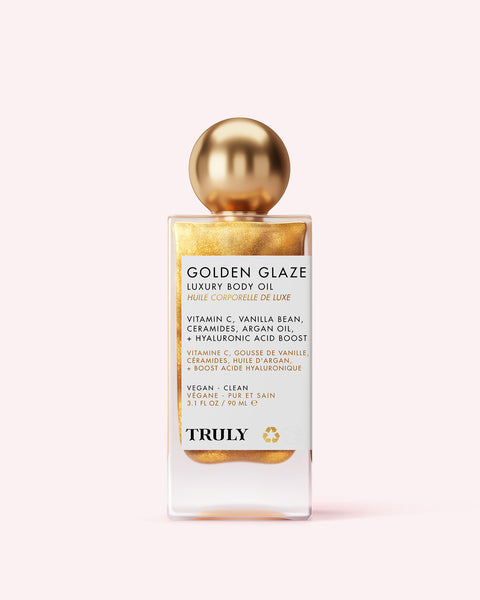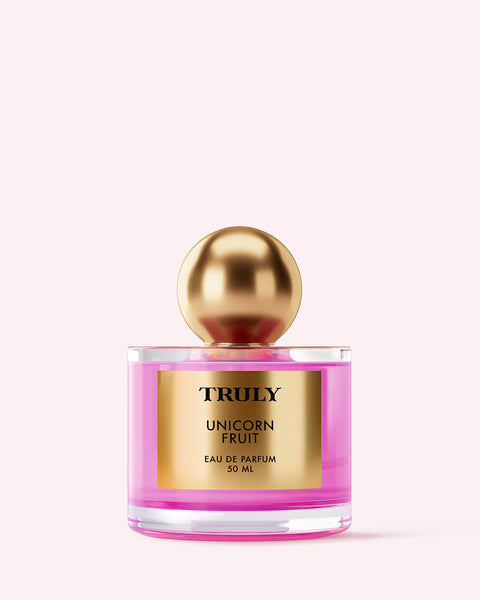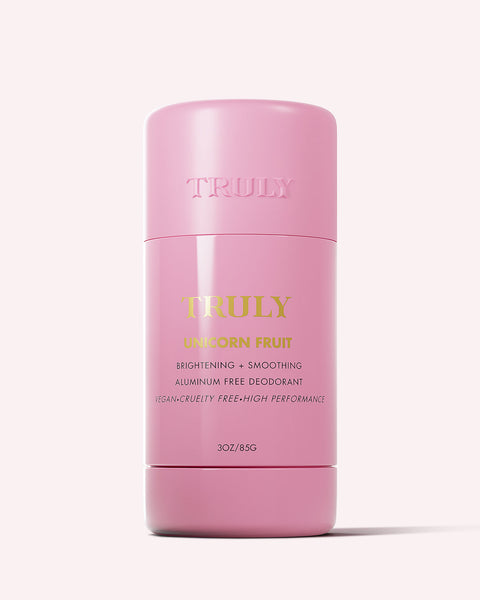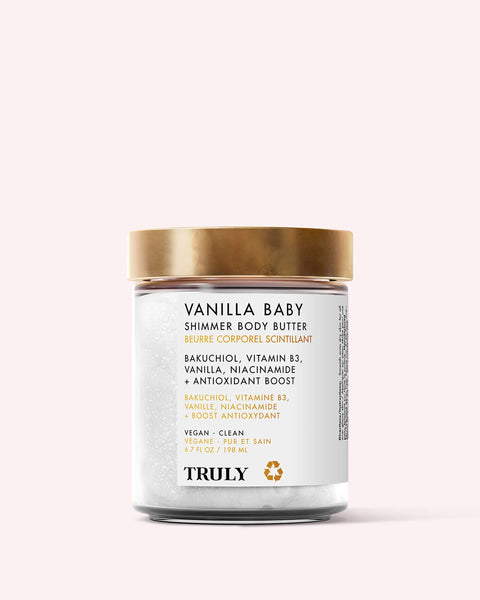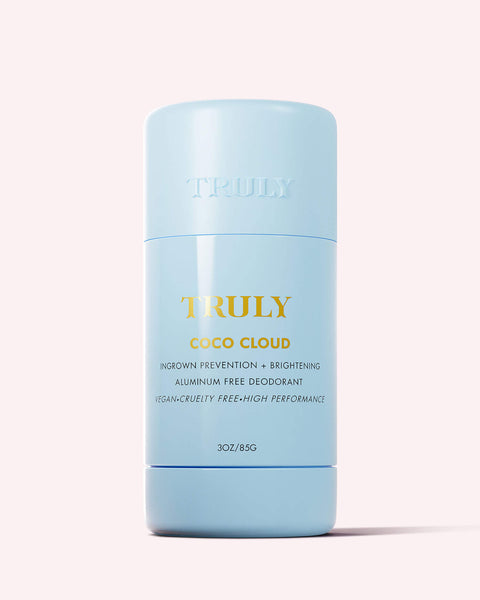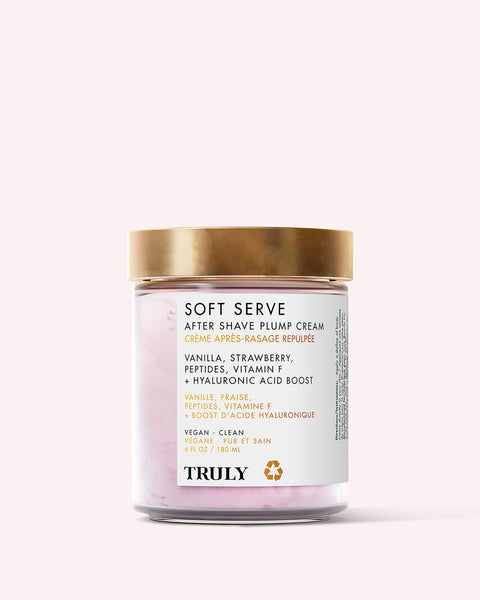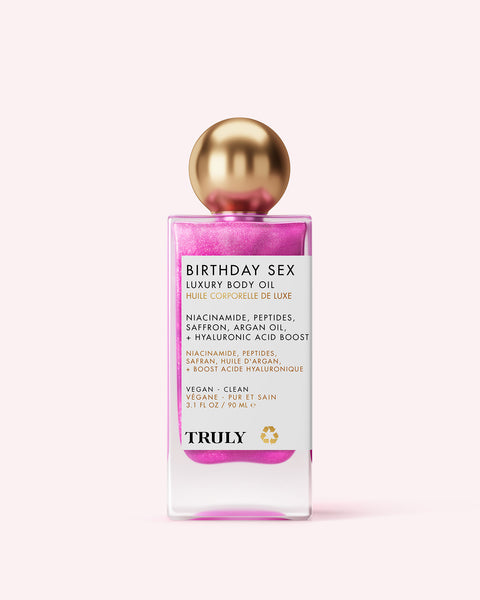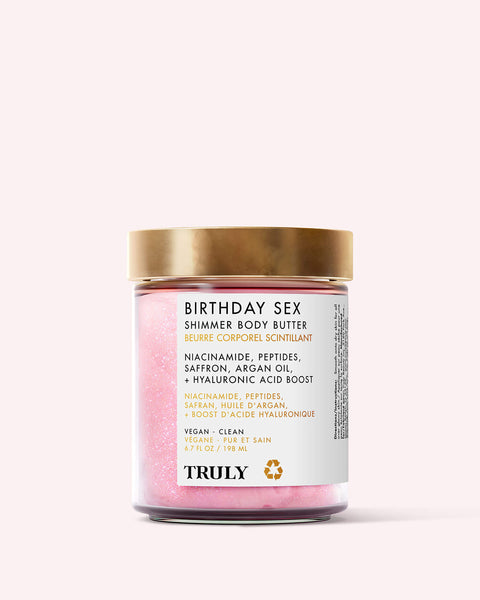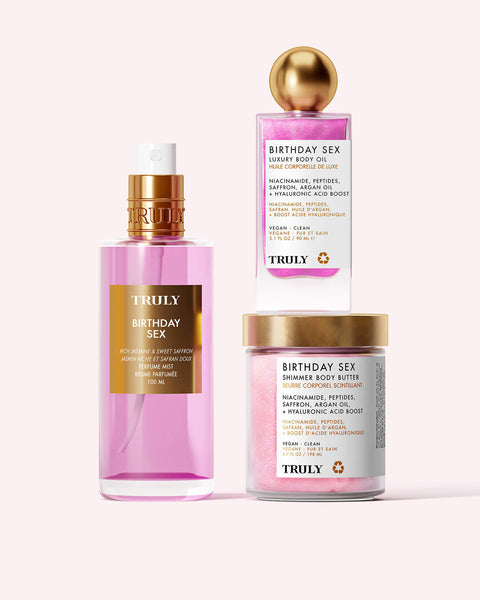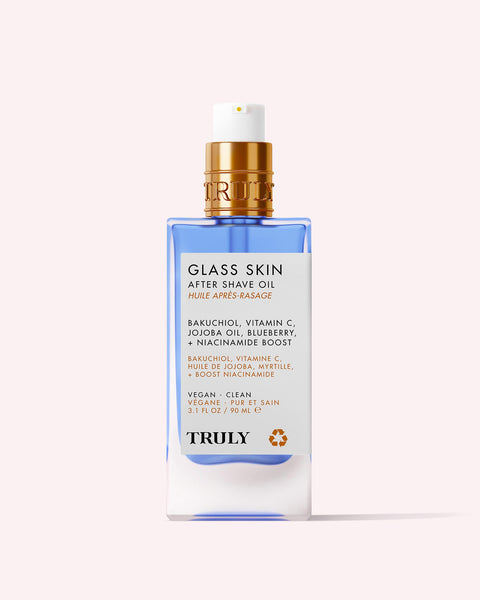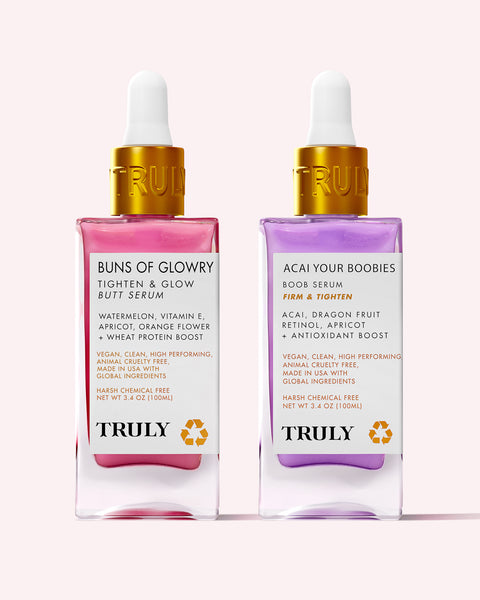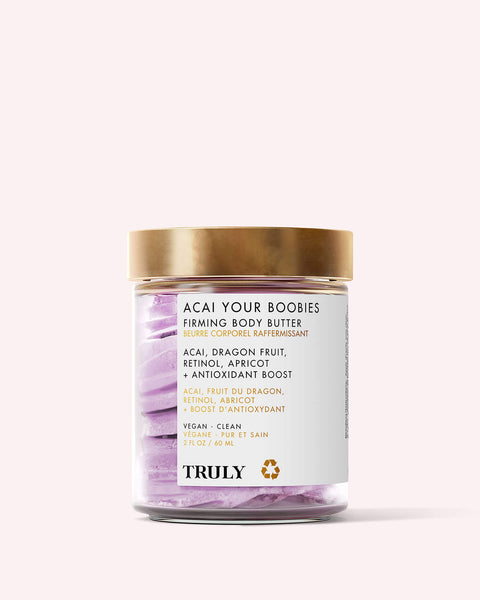Does Sunscreen Cause Cancer?

Does sunscreen cause cancer? We slather on the sunscreen to prevent skin cancer but reports link certain sunscreens to cancer-causing chemicals.
This doesn’t mean you should skip sun protection. You still need to apply a broad spectrum sunscreen with SPF 30 or higher every day to protect your skin from harsh UV rays. It does mean, however, that you need to choose your daily sunscreen wisely and steer clear of formulas that contain these cancer-causing chemicals.
Read on to learn which sunscreen ingredients to avoid and how to choose a safe sunscreen.
Does Sunscreen Cause Cancer?
When you’re choosing a sunscreen, it’s helpful to understand that there are two main types: mineral-based and chemical-based. Some sunscreens even combine both.
Mineral sunscreens, which often contain zinc oxide or titanium dioxide, sit on your skin and reflect the sun’s rays. Chemical sunscreens, on the other hand, absorb into your skin and work by soaking up the sun’s rays before they can cause harm.
In recent years, there’s been some concern surrounding chemical sunscreens. Studies have shown that some of the ingredients in these sunscreens can be absorbed into your bloodstream at levels higher than what the Food and Drug Administration (FDA) considers safe. High levels of benzene, a cancer-causing chemical, were found in several sunscreens.
Benzene is not an ingredient in sunscreen, but other ingredients present in sunscreen can break down into benzene over time. Benzene is known to cause cancer in humans, especially leukemia.
How to Choose a Safe Sunscreen
Sunscreens sold in the U.S. are regulated by the FDA, which requires manufacturers to use ingredients that are safe for humans. To ensure you’re using a safe sunscreen, it might be best to choose a formula that is made in the U.S. You’ll be able to find this on the label. Sunscreens made outside the U.S. may contain ingredients that the FDA has banned.
If you’re worried about the health effects of chemical ingredients that make their way into your blood stream, you may want to opt for a mineral (physical sunscreen) with active ingredients like titanium dioxide and zinc oxide.
Most importantly, you’ll want to avoid sunscreens containing benzene, a chemical that’s known to cause cancer. Benzene is a natural part of crude oil and gasoline, and is used to make plastics and synthetic products. While you can’t tell if a sunscreen contains this cancer-causing chemical, there are ways to prevent your exposure to it.
First, avoid aerosol sunscreen, which is more likely to be contaminated with benzene. Additionally, make sure you’re not using expired sunscreen which is also more likely to contain benzene. All in all, to reduce your exposure to benzene, get rid of expired sunscreens and choose lotions and sticks over aerosol sunscreens.
Why You Still Need to Wear Sunscreen
Does sunscreen cause cancer? While studies have shown concerns over the link between certain sunscreens and cancer-causing chemicals, that doesn’t mean you should skip wearing sunscreen. According to dermatologists, the benefits of using sunscreen almost always outweigh the risks.
Sunscreen is your first line of defense against harmful UV rays, which are a major cause of skin cancer, including melanoma.
Without sunscreen, your skin is vulnerable to sunburn, premature aging, and UV radiation damage which can lead to skin cancer. It’s important to remember that the sun’s rays don’t just cause immediate harm—they can also have long-term effects, damaging your skin’s DNA and increasing your risk of skin cancer over time.
To stay safe, opt for broad-spectrum sunscreens that protect against both UVA and UVB rays, and make sure to apply them generously. For further protection, try wearing protective clothing such as long sleeves, sunglasses, and a wide-brimmed hat.
You should be wearing sunscreen every day to protect your skin from ultraviolet rays which can lead to skin cancer. Sunscreen is essential for skin cancer prevention.
Pair for Better Protection: Sunscreen and Vitamin C Together
For the best protection from sun damage, try pairing sunscreen with a vitamin C product. Vitamin C is a powerful antioxidant that neutralizes free radicals generated by sun exposure, providing an extra layer of protection that sunscreen alone can’t offer.
In addition to its protective benefits, vitamin C helps brighten your skin by reducing the appearance of dark spots and hyperpigmentation caused by the sun. It also boosts collagen production, counteracting the breakdown of this essential protein by UV rays, which helps keep your skin firm and youthful.
Moreover, using vitamin C alongside sunscreen fights photoaging—premature aging caused by sun exposure. While sunscreen prevents immediate sunburn and damage, vitamin C works to repair and enhance your skin’s resilience against the sun’s harmful effects.
For a daily shimmer and a vitamin C boost, treat yourself to Truly’s Golden Glaze Body Oil. It’s packed full of antioxidant-rich vitamin C along with ceramides and hyaluronic acid to plump, brighten, and intensely hydrate your skin. Plus, it gives you a gorgeous golden glow—without tanning!
Is My Sunscreen Safe?
Daily use of sunscreen is essential for preventing different types of skin cancer. That being said, reports have shown a link between some sunscreen products and cancer-causing chemicals. The best way to avoid exposing yourself to these harmful chemicals is to stick to a mineral sunscreen which doesn’t absorb into the bloodstream, opt for lotions or sticks instead of sprays, and avoid using expired sunscreen.
Can sunscreen cause cancer? While there’s no specific scientific evidence that it can cause cancer, research does show the presence of harmful chemicals so it’s best to follow the tips above to stay safe and healthy.
New here? Check out our bestselling skincare sets or take the Truly quiz and get matched with your dream routine.
Photo by Armin Rimoldi, Pexels


